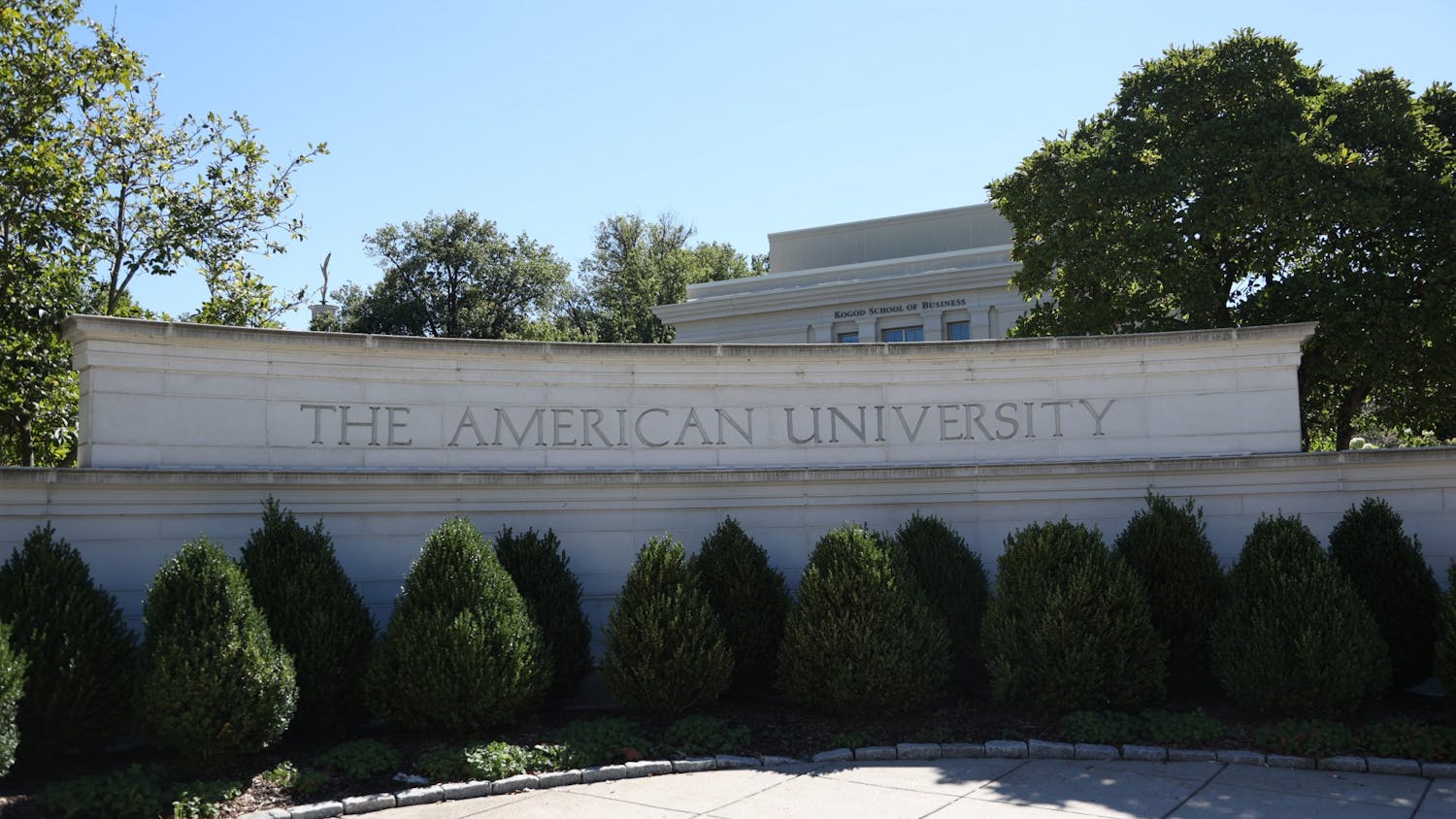AU's Center for Congressional and Presidential Studies, the International Institute for Health Promotion and K. J. Lee hosted The Second Bipartisan Presidential Healthcare Solutions Summit on Monday.
One of the discussions at the summit, "Current Problems with the U.S. and Healthcare System: Access, Cost, Financing and Quality," looked at the current issues of the health care system and its effect on millions of U.S. citizens.
The moderator was Robert C. Karch, AU's director for the International institute for Health Promotion. The speakers included Laurence Rosen, a health policy analyst and researcher from Public Policy Associates Inc., Katherine Baicker, an economics professor from Dartmouth College and Kathleen O'Connor, founder and president of Code Blue Now, an organization that "provide[s] a broad-based, non-partisan, independent voice for a health care system that is affordable, effective, efficient and equitable."
The speakers presented their views on the healthcare system, and the problems it faces. There was a consensus amongst the speakers that healthcare was not working as well as it should, there was an inefficient allocation of resources, and that election politics exacerbated Democrat and Republican divergence from a prudent and sensible healthcare plan.
"It's about solutions, not sides," O'Connor said. O'Connor blames the Democratic and Republican parties for their need to oppose each other and in doing so creating an ideological divide on issues such as healthcare which doesn't benefit the American people.
Specific concerns were brought up with the future of healthcare. This included rising national health expenditures, health insurance premiums and prescription drug costs; nationwide hospital employment shortages; and gaps in insurance - 43 million people who can't afford insurance don't have medical coverage; and problems from medical liabilities in the states.
"Healthcare economics is anything but routine," said Rosen on the complications involved in healthcare because of the requisite involvement of the government.
Proposals to meet the challenges of national healthcare included the need for incentives in improving morale and performance in a demoralized and increasingly stagnant industry, cutting excess cost in bureaucracy and reallocating those resources within the healthcare system, by giving more healthcare choices to patients and doctors, and to set a definitive goal for healthcare.
The complete summit lasted all day from 8:15 a.m. to 4:15 p.m. The program was televised on C-SPAN 2. Supporters of the Summit included the School of Public Affairs, The Meltzer Group, Anthem Blue Cross and Blue Shield and Sinucare.




